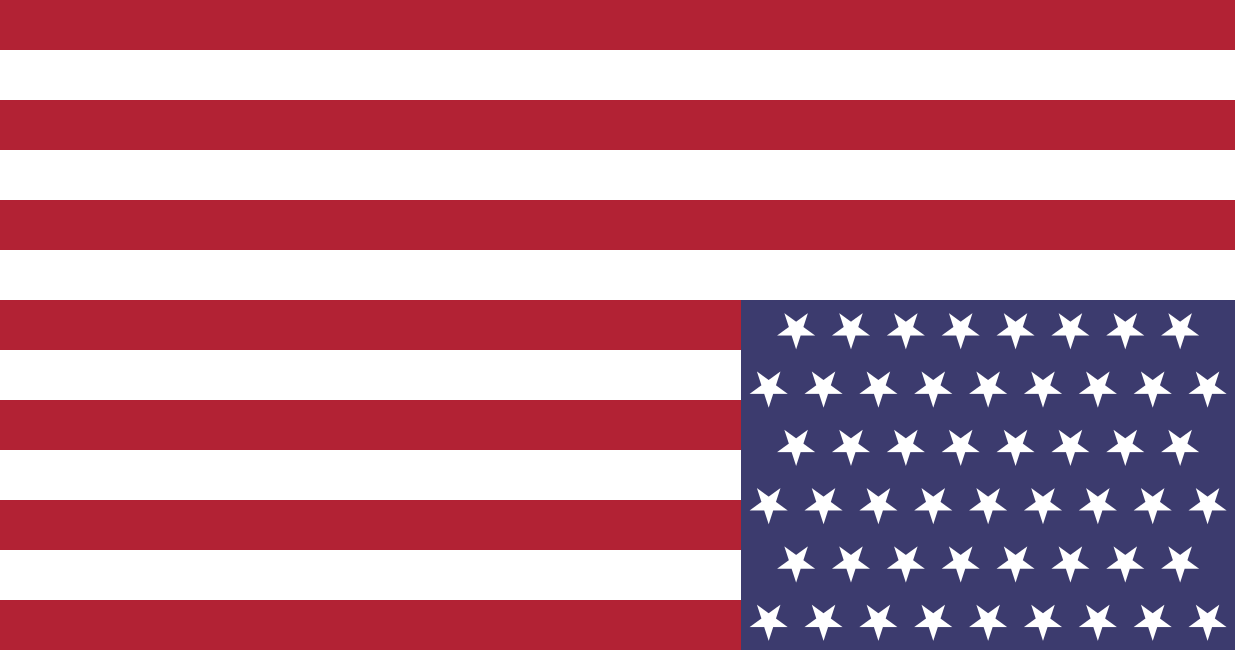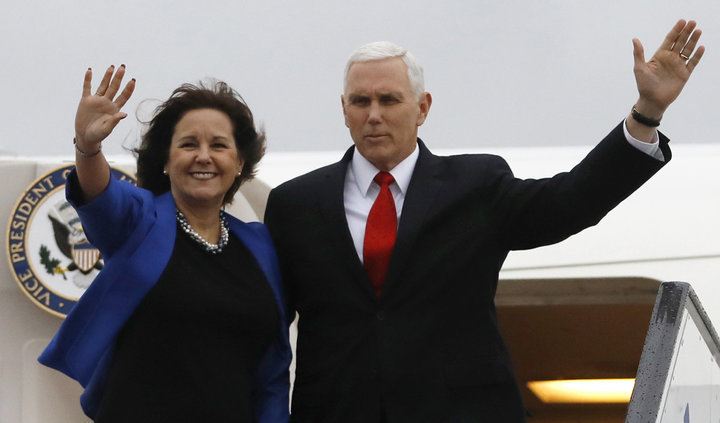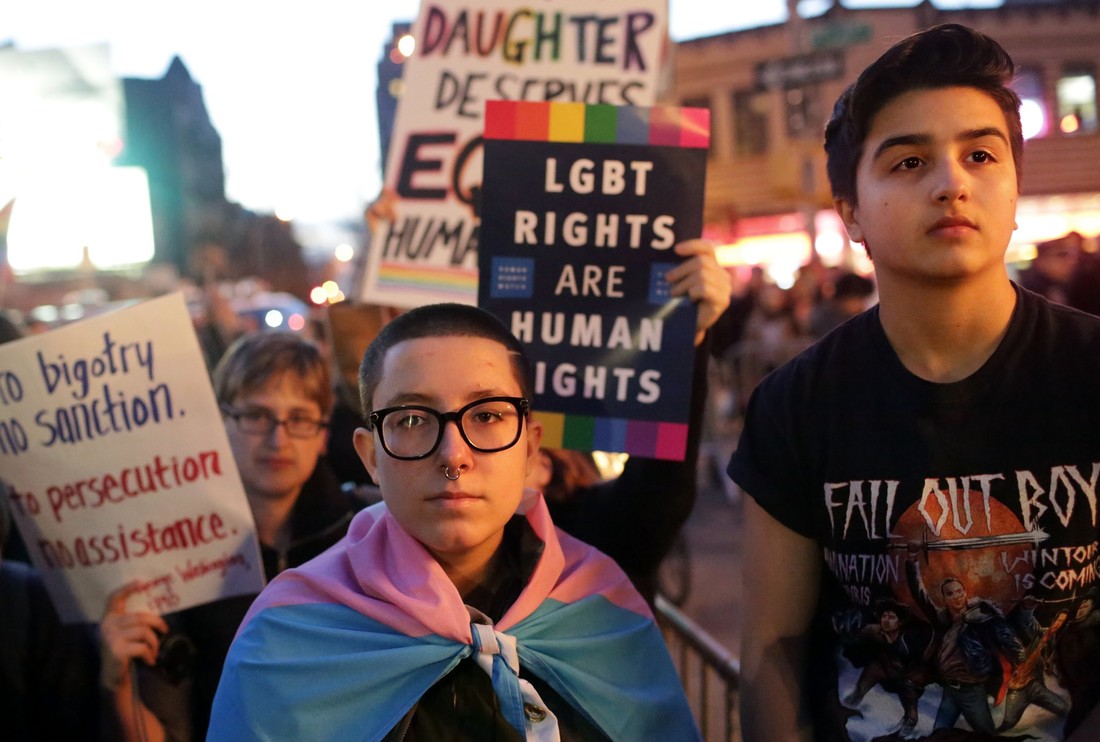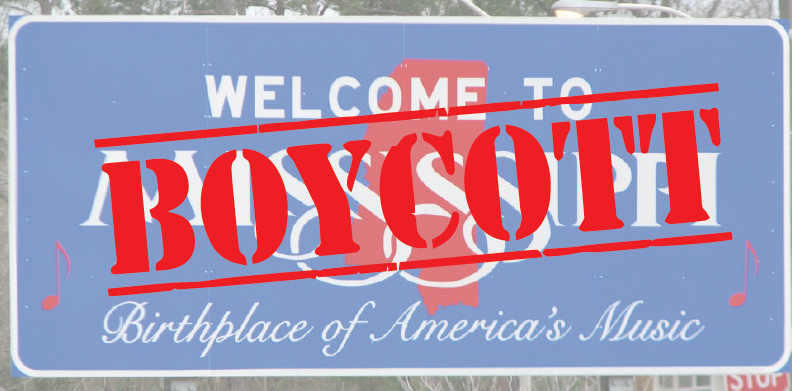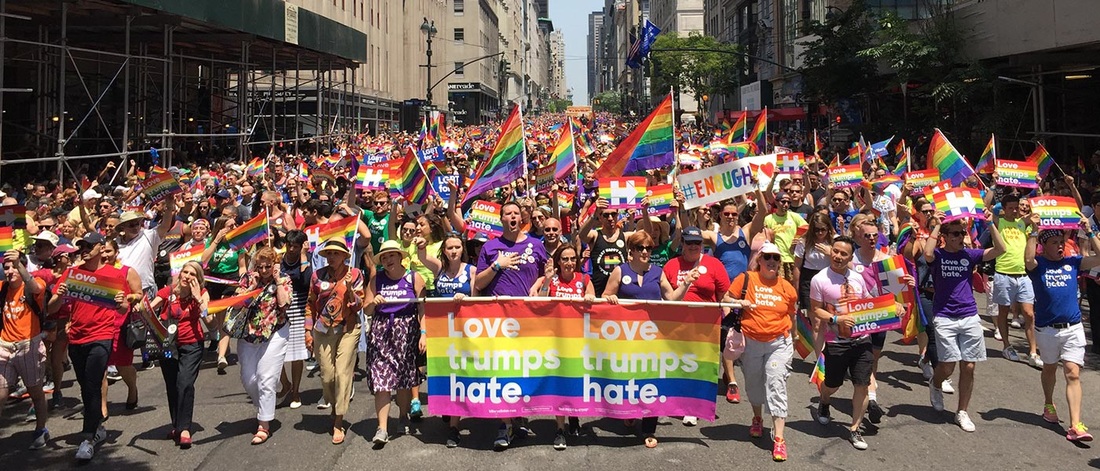Website Rebuild in Progress!and now...........Eugene Lee Yang 'I'm Gay'Eugene Lee Yang of the internet comedy team The Try Guys has posted a powerful video online entitled, ‘I’m Gay.’
Accompanying the video on YouTube is a fundraiser for the Trevor Project. At the time of writing, it had already raised over $40,000 for the suicide-prevention LGBTQ non-profit organization. The Try Guys – Keith Habersberger, Ned Fulmer, Zach Kornfeld, and Eugene Lee Yang – rose to prominence as a Buzzfeed video concept. However, the four parted with Buzzfeed in 2018 and have continued their success independently. Videos posted online find them trying out different endeavours for the first time. ‘I’m gay’: YouTuber Eugene Lee Yang of The Try Guys comes out‘I withheld because of fear and shame shaped by my background but I promise to give my full truth in the rest of my life's work,’ says Eugene Lee Yang
Eugene Lee Yang in the 'I'm Gay' video (Photo: YouTube) 16 June 2019 10:11 BST David Hudson Eugene Lee Yang of the internet comedy team The Try Guys has posted a powerful video online entitled, ‘I’m Gay.’ Accompanying the video on YouTube is a fundraiser for the Trevor Project. At the time of writing, it had already raised over $40,000 for the suicide-prevention LGBTQ non-profit organization. The Try Guys – Keith Habersberger, Ned Fulmer, Zach Kornfeld, and Eugene Lee Yang – rose to prominence as a Buzzfeed video concept. However, the four parted with Buzzfeed in 2018 and have continued their success independently. Videos posted online find them trying out different endeavours for the first time. What’s in Eugene Lee Yang’s video?In the choreographed dance video, Lee Yang is seen dancing within a family setting. At first happy, he then receives a slap around his head when he goes to put on lipstick. This is followed by an angst-ridden Eugene in a church congregation, looking on while a preacher rants and raves. Later, we see him attracted to another male dancer, and then appear in drag, dancing happily in a club. That is until a man walks in, appearing to point his finger at the dancers in a gun-like fashion. Later he is beaten and bloodied by a mob next to a dumpster. The video ends with Lee Yang, in front of an arguing mob, staring defiantly at the camera. The background music comes from ODESZA. Lee Yang wrote, directed and choreographed the video himself.‘I’m gay’: YouTuber Eugene Lee Yang of The Try Guys comes out‘I withheld because of fear and shame shaped by my background but I promise to give my full truth in the rest of my life's work,’ says Eugene Lee Yang MAKE NO MISTAKE WE ARE A NATION IN SERIOUS CRISIS!I Was A Gay Student At The Evangelical Christian School Where Karen Pence Now TeachesIan Cronkhite
Writer The news that Karen Pence, wife of Vice President Mike Pence, is teaching at D.C.-area school that openly bans LGBT+ faculty and students ― and any manner of pro-LGBT+ belief or affiliation ― seemed to generate a lot of surprise among my peers. Not a surprise that the nation’s second lady would work there, but that such a school would exist — right in liberal Northern Virginia!
I wasn’t surprised. I’d grown up attending such a school. I figured they were a dime-a-dozen. At first, I wasn’t keen on reading any of the news stories, but something caught my eye. Immanuel Christian School, in Springfield? I didn’t go to a school like that; I went to that school. From 1989–1997. I’m also gay. It’s bizarre reading about little ICS in the national media. A common description affixed to it, in this latest culture war dust-up, is “an anti-LGBT school.” It’s an odd label, as if being anti-gay were its raison d’etre. But it is, I must say, more than fair. I’ve been following the reporting, the commentary, the vice president’s public diatribe in response to the backlash against his wife and the school and, given my own experience, I can’t say I’m sympathetic to his claims of persecution. Let’s be clear, nobody is arguing that private, religious schools can’t exist or can’t legally discriminate. It’s a clear First Amendment right. And what I was hearing was merely criticism, or in most cases matter-of-fact reporting, of the school’s policies. That harsh light of visibility, the audacity to call hate, hate, seems to anger Mike Pence. And his angry response has only further offended those who were appalled by his wife’s choice to teach there in the first place. And ’round and ’round it goes. What’s missing, I think, when people talk about a discrimination policy like this, is the practical experience of what that actually looks like. It certainly sounds unfair. But it’s so much more than that. No student was, to my knowledge, ever expelled for being gay. That would never happen, because no student would ever dare come out in the stifling environment of ICS. Growing up, we had no clue our school had the policy statements or hiring forms it does. No student was, to my knowledge, ever expelled for being gay. That would never happen, because no student would ever dare come out in the stifling environment of ICS. No openly gay or lesbian teacher was ever turned away, because it would have been clear from a mile away this wasn’t the place for them. The policies were there, I’m sure, in a file cabinet somewhere. They stated what would, to anyone attending the institution, go without saying. And they enforced something much more consequential, namely the curriculum. It does have to be said that ICS was a good school. It was small, intimate, and — aside from a middle school biology course that seemed to focus 90 percent on debunking evolution, without actually teaching any of its underlying principles — the academic education I received there was stellar. It was also a hotbed of right-wing fanaticism, shoved down the throats of impressionable children at every turn. The community of teachers, students and families was fiercely like-minded and almost exclusively Republican. In 1992, they held a school-wide vote for the presidential election. George H.W. Bush, seeking a second term that Bill Clinton would deny him, won by a staggering landslide. The effect of this environment went beyond the official coursework. Teachers, especially in the later grades, where students started to converse about the topics of the day, would constantly editorialize and share their opinions about the world. They were encouraged to do so, I’m sure, and they presented their views as Gospel fact. I learned at a very young age how our country was “lost” and had the blood of innocent babies on its hands. Gay marriage was an affront to the natural order. Nobody even brought that one up — our teacher came in one day, in 1996, fuming that a court in Hawaii had suggested otherwise. The internet's best stories, and interviews with their authors.It was also, apparently, vital to the spiritual survival of our country to always, un waveringly support the state of Israel. Which, to us students, was a country far, far away where Jesus was from. Basically, if James Dobson or Rush Limbaugh was saying it, we were hearing it. While many of the messages were probably typically the kind you’d hear in any Christian school, I think they had a particular intensity there. We weren’t in Oklahoma; we were inside the Beltway, in the lion’s den, and the world around us was an evil, corrupt, and frightening place. One day, when we graduated, we would have to go out into this world. We would have to be prepared. Karen Pence is going to fit right in. Eventually, in middle school, discussions would touch on sexuality. Obviously, homosexuality was evil. They didn’t talk about this a whole lot; it was best not to dwell on it, but the unfortunate topic had to be broached. What was shocking, even to me then, was the vitriol. These were Christians and generally very kind people. Evangelicals have a way of talking about sexual minorities in public. They use the word “love” a lot and talk softly of hating the sin. When they’re among themselves, they tend to be more candid. Needless to say, it was made very clear to me, and to all of us, that there was nothing worse than being gay. They were disgusting perverts who hated Christians and had a nefarious agenda to dismantle society. As a boy on the cusp of puberty, only just beginning to realize I was different, this wasn’t a nurturing message, especially coming from a trusted teacher and echoed enthusiastically by everyone I had ever called a friend. I remember wanting to turn invisible, imagining they could tell that maybe, just maybe, I was one of those perverts. They’re not trying to deny employment to gay people out of spite. They’re trying to keep gay and gay-friendly people from their students. That’s not beneficial to the students, and it certainly wasn’t great for me.They couldn’t tell though, and I wouldn’t have dared say it. I could barely admit it to myself back then. But time marches on, and I’m now happily married to my husband (despite what my 6th grade teacher would say about that). I made it out. Still, I carried that sense of fear and isolation well into public high school. I grew depressed there. I never attempted suicide, but I certainly thought about it a lot. I wonder sometimes about the other LGBT+ students who went through Immanuel Christian School, before and after me. Were they as resilient? Have any killed themselves? What I do know is any school can be a rough place for a gay kid. There are always bullies. It doesn’t help when the teachers are in on it. Once, in my public high school, when some boys made a cruel, homophobic joke, the teacher cut them off. He then berated them to the point I thought they would cry. I had never seen an adult stand up for people like me before. I didn’t even know that was possible. ICS made sure of that. That’s what their discrimination policy is all about. They’re not trying to deny employment to gay people out of spite. They’re trying to keep gay and gay-friendly people from their students. That’s not beneficial to the students, and it certainly wasn’t great for me. While part of me would love to see the supposed liberal-fascist machine shut down schools like ICS, that won’t ever happen. Religious schools are part of this country. So, instead, I would like to see them change from within. And that won’t happen if we refuse to even talk about them. I’m glad we’re talking about this school, and I’m glad people are being critical. Now maybe the Pences are the ones who will have to learn some resilience. Make no mistake,
Mississippi can enforce LGBT religious objections law: courtJACKSON, Miss. – A federal appeals court said Thursday that Mississippi can enforce a law that allows merchants and government employees cite religious beliefs to deny services to same-sex couples, but opponents of the law immediately pledged to appeal.
A three-judge panel of the 5th U.S. Circuit Court of Appeals reversed a judge’s decision that had blocked the law. U.S. District Judge Carlton Reeves had ruled that the law unconstitutionally establishes preferred beliefs and creates unequal treatment for LGBT people. His ruling prevented the law from taking effect last July. The law does not take effect immediately. Plaintiffs are allowed time to appeal. The 5th Circuit panel did not rule on whether the law is constitutional. It said plaintiffs failed to prove they would be harmed by the law, “but the federal courts must withhold judgment unless and until that plaintiff comes forward.” Legal experts said the law, which started as House Bill 1523 , is the broadest religious-objections measure enacted by any state. Championed and signed in 2016 by Republican Gov. Phil Bryant, it aims to protect three beliefs: marriage is only between a man and a woman; sex should only take place in such a marriage; and a person’s gender is determined at birth and cannot be altered. It would allow clerks to cite religious objections to recuse themselves from issuing marriage licenses to same-sex couples, and would protect merchants who refuse services to LGBT people. It could affect adoptions and foster care, business practices and school bathroom policies. Robert McDuff, an attorney for some of the people who sued to try to block the law, criticized the appeals court for saying plaintiffs had failed to show they would be harmed. “People should not have to live through discrimination in order to challenge this obviously unconstitutional bill,” McDuff said. Roberta Kaplan, an attorney who represented some of the other plaintiffs, said her clients have been harmed. “The state communicated a message loudly and clearly with the passage of HB 1523: Only certain anti-LGBT beliefs will get the protection and endorsement of the state,” Kaplan said. “Under the logic of this opinion, it would be constitutional for the state of Mississippi to pass a law establishing Southern Baptist as the official state religion.” Kaplan and McDuff said they will appeal the decision by the 5th Circuit panel. Kaplan said she will ask the entire 5th Circuit to reconsider the arguments; McDuff said he will either do that or appeal to the U.S. Supreme Court. McDuff said that when — or whether — the law will take effect depends on the outcome of the appeal. Gay and straight plaintiffs who sued the state say the law gives “special protections to one side” in a religious debate. Supporters say the law protects Mississippians’ rights to live out their faith. “As I have said all along, the legislation is not meant to discriminate against anyone, but simply prevents government interference with the constitutional right to exercise sincerely held religious beliefs,” Bryant said Thursday. Kevin Theriot (TAIR-ee-oh) is an attorney for Alliance Defending Freedom, an Arizona-based Christian group that helped to write the Mississippi law. He praised the appeals court decision. “The sole purpose of this law is to ensure that Mississippians don’t live in fear of losing their careers or their businesses simply for affirming marriage as a husband-wife union,” Theriot said Thursday. “Those who filed suit have not and will not be harmed but want to restrict freedom and impose their beliefs on others by ensuring dissenters are left open to the government discrimination that has already occurred in states without protective laws like this one.” Douglas NeJaime, a UCLA law professor, is faculty director of the Williams Institute, which researches issues dealing with sexual orientation, law and public policy. He testified in June 2016 on behalf of plaintiffs who sued to block the Mississippi religious objections law. NeJaime said Mississippi was the only state to enact a law that lists specific religious beliefs to be protected in reaction to the 2015 legalization of same-sex marriage. "There are still too many places where lesbian, gay, bisexual, and transgender Americans are targeted for harassment and violence. There are still too many young people out there feeling hopeless and alone.
|
SubscribeTrending News |
Our fight is long from over.
Did You Know It's Legal In Most States To Discriminate Against LGBT People?
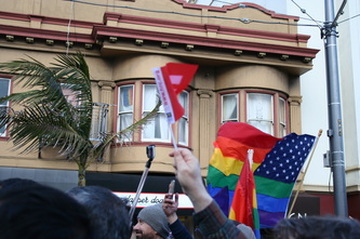
R. Uehara Mistrot
Gay Suffrage
In many states, a person could marry someone of the same gender and then get fired for being gay.
"Most states have no nondiscrimination protections for LGBT people, with limited or no federal protections, an LGBT person can get legally married, but then be evicted from an apartment and denied a home loan."
What does this mean to you?
We need to expand the laws to include housing and employment.
We need to urge our state lawmakers to change anti-discrimination laws — which already include things such as race, age, religion and disability — to include LGBT people.
Religious groups opposed to gay marriage argue that the public accommodation element would unfairly require business owners to serve same-sex couples, even if they have a moral or religious objection.
Notes
– Massachusetts law does not protect gender expression/identity from discrimination in public accommodations.
– Utah law does not protect sexual orientation or gender identity/expression from discrimination in public accommodations.
– New Hampshire, New York and Wisconsin law do not protect gender identity/expression from discrimination in employment, housing or public accommodations.
– Delaware law does not protect gender identity from discrimination in private sector employment.
Gay Suffrage
In many states, a person could marry someone of the same gender and then get fired for being gay.
"Most states have no nondiscrimination protections for LGBT people, with limited or no federal protections, an LGBT person can get legally married, but then be evicted from an apartment and denied a home loan."
What does this mean to you?
We need to expand the laws to include housing and employment.
We need to urge our state lawmakers to change anti-discrimination laws — which already include things such as race, age, religion and disability — to include LGBT people.
Religious groups opposed to gay marriage argue that the public accommodation element would unfairly require business owners to serve same-sex couples, even if they have a moral or religious objection.
Notes
– Massachusetts law does not protect gender expression/identity from discrimination in public accommodations.
– Utah law does not protect sexual orientation or gender identity/expression from discrimination in public accommodations.
– New Hampshire, New York and Wisconsin law do not protect gender identity/expression from discrimination in employment, housing or public accommodations.
– Delaware law does not protect gender identity from discrimination in private sector employment.
Copyright ©2023 gaysuffrage.com
info@gaysuffrage.com
All Rights Reserved.
No part of this website can be copied, replicated, or used without written permission from gaysuffrage.com.
gaysuffrage.com is privately owned.

